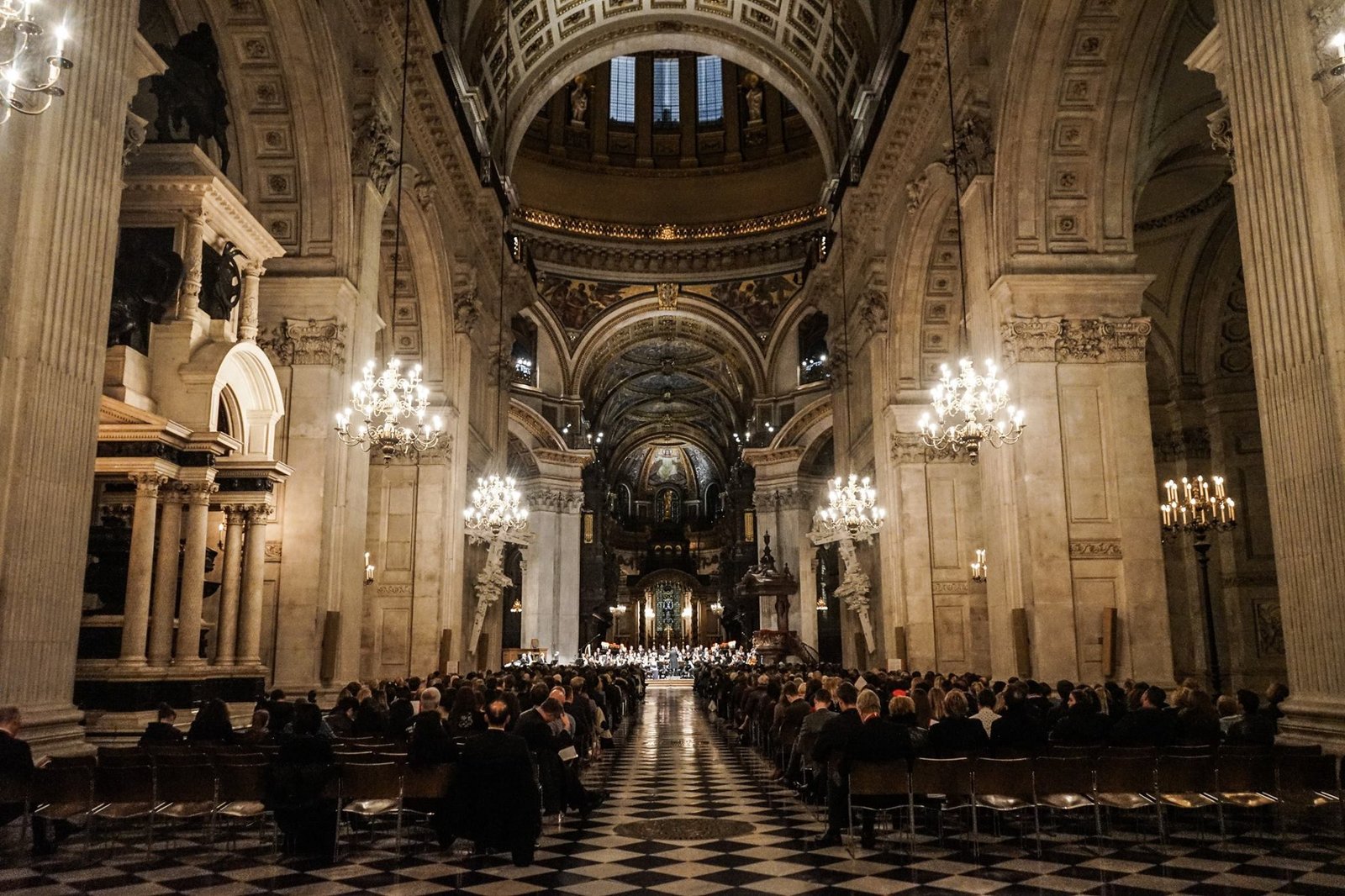In 2015, I was invited to score Andrew Steggall’s debut feature film Departure, a profound coming-of-age drama starring Juliet Stevenson and Alex Lawther. Set in the languid beauty of the South of France, this BFI-funded film explores the complex dynamics between a mother and son as their relationship transforms through an unexpected encounter with a local French youth.The score for Fight from Departure is available to download on the Free Piano Sheet Music page.
Watch the Trailer
Listen to the Soundtrack
An Exceptional Ensemble Cast
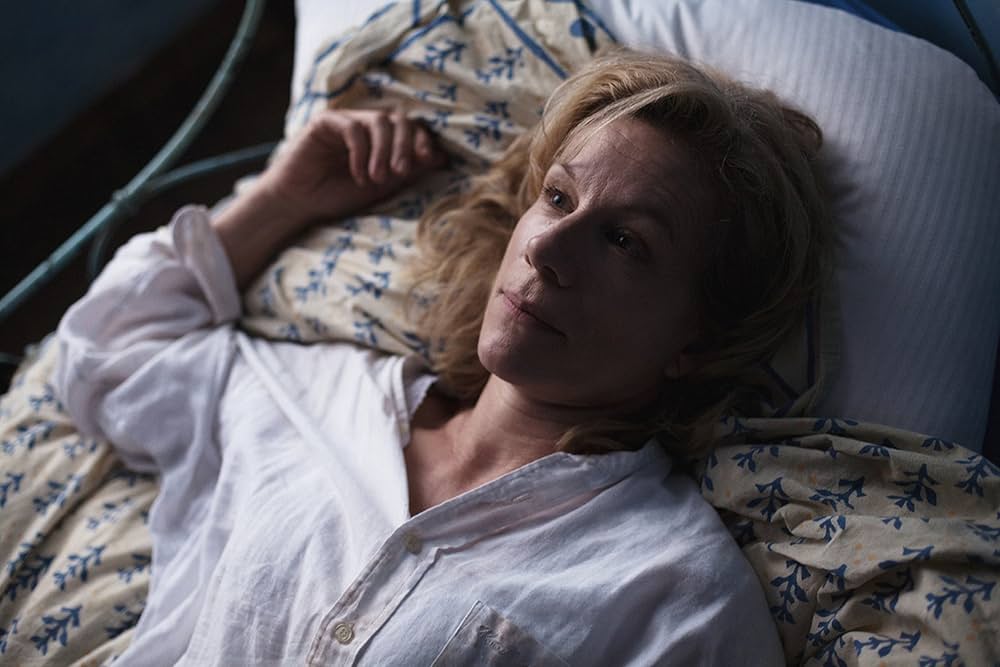
Juliet Stevenson
The celebrated Juliet Stevenson delivers a tour-de-force performance as Beatrice, a woman navigating the dissolution of her marriage while grappling with her son’s emerging independence. Known for her commanding stage presence with the Royal Shakespeare Company and memorable film roles in Truly, Madly, Deeply and Bend It Like Beckham, Stevenson brings profound emotional depth to this complex maternal figure.
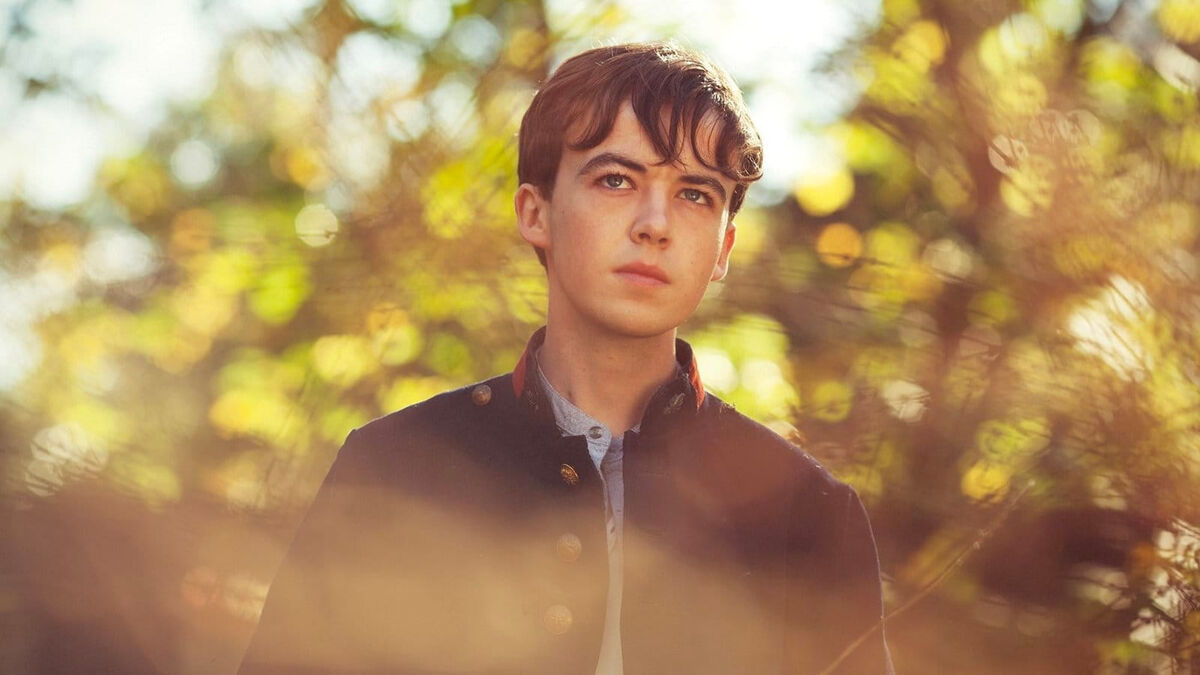
Alex Lawther
Alex Lawther gives a remarkably nuanced performance as Elliot, capturing the vulnerability and awakening sexuality of a teenager caught between childhood and adulthood. Fresh from his breakthrough role as young Alan Turing in The Imitation Game, Lawther demonstrates extraordinary range and sensitivity, earning widespread critical acclaim and establishing himself as one of Britain’s most promising young actors.
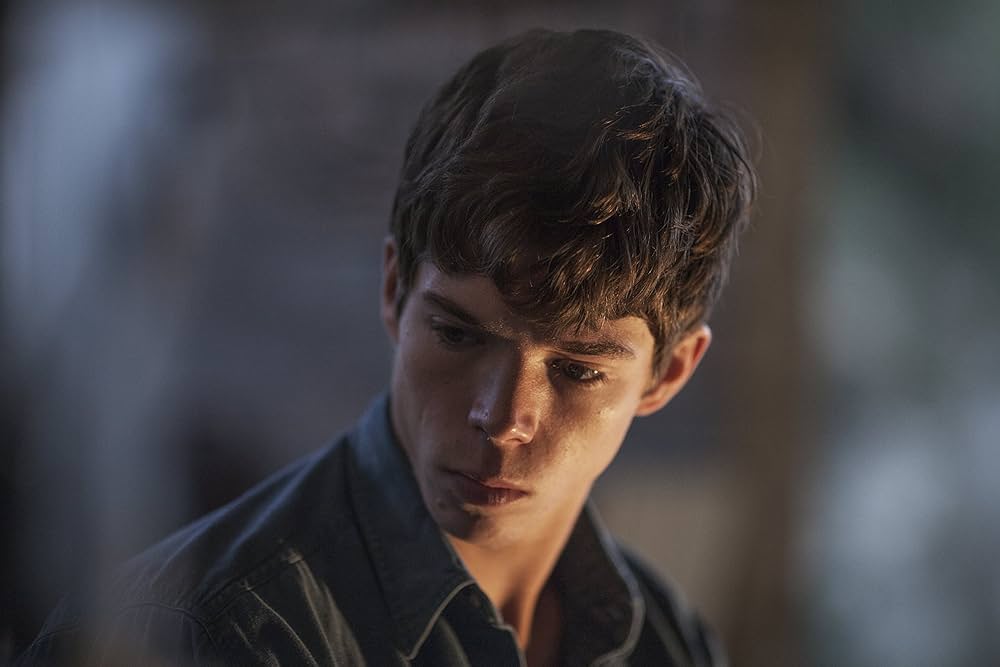
Phenix Brossard
In his film debut, Phenix Brossard embodies Clement with magnetic charisma and natural authenticity. His portrayal of the enigmatic French youth who disrupts the fragile equilibrium between mother and son demonstrates remarkable screen presence and emotional intelligence, creating a character that is simultaneously alluring and elusive.
The supporting cast includes Finbar Lynch and Niamh Cusack, both bringing seasoned theatrical experience to their roles. Lynch, known for his work with the Royal Shakespeare Company, and Cusack, a member of the renowned acting dynasty, provide the perfect counterpoint to the central trio’s emotional journey.
International Critical Acclaim
London Film Festival
Official Selection
2015 Premiere
British Film Institute
Film Fund Support
Co-Production Funding
Rotten Tomatoes
87% Critics Score
Average: 7.0/10
“Hormones are raging in this beautifully shot, quietly involving character study powered by an excellent turn from Lawther”
“An assuredly composed coming-of-age tale showing considerable promise with the sensitivity of its emotional and aesthetic palette”
Departure premiered at the London Film Festival 2015 and received theatrical release across the UK and Ireland in May 2016, supported by BFI funding and distributed by LGBT specialist Peccadillo Pictures.
A Musical Journey: From Chamber Orchestra to Intimate Piano
Scoring Departure became one of the most transformative creative experiences of my career, representing both a leap into feature filmmaking and an unexpected artistic pivot that ultimately defined the film’s emotional landscape.
Act One: The Brodsky Quartet Sessions
Following our successful collaborations on The Door and Sparrow, Andrew Steggall and I initially envisioned returning to the chamber music palette that had served those short films so well. We assembled the legendary Brodsky Quartet at Metropolis Studios in London, one of the world’s premier recording facilities.
The sessions produced a complete orchestral score—rich, layered compositions that explored the psychological complexity of the mother-son relationship through intricate string arrangements. The Brodsky Quartet, with their decades of interpretive mastery, delivered performances of extraordinary depth and nuance.
Act Two: The Creative Pivot
After living with the orchestral score during the editing process, Andrew made the bold decision that the film required a different musical approach entirely. The lush chamber arrangements, while beautiful, felt too dense for the intimate psychological space he was creating. The story demanded something more sparse, more immediate—music that could breathe with the characters’ internal struggles.
It was a director’s intuition that proved absolutely correct, even as it meant abandoning months of meticulous work. This is the nature of film composition—serving the story above all else, even when it requires creative sacrifice.
Act Three: Piano and Cello Reimagined
The new direction called for radical simplicity: solo piano as the primary voice, with carefully layered cello lines threading the emotional journey together. I was fortunate to collaborate with Beth Porter, the extraordinary cellist from The Bookshop Band, whose sensitive playing brought exactly the warmth and melancholy the film needed.
Recording this intimate configuration allowed for a more spontaneous, emotionally direct approach. Each piano phrase could capture the hesitation in Elliot’s awakening, while Beth’s cello lines provided the underlying emotional current—sometimes supportive, sometimes questioning, always deeply human.
Musical Collaborations
Beth Porter
Cellist • The Bookshop Band
Beth’s lyrical cello work became the emotional thread connecting Elliot’s internal journey, her playing bringing both vulnerability and strength to the score’s most intimate moments.
Oliver Daldry
Singer-Songwriter
Oliver contributed the haunting song “Catch the Wind”, a piece of exquisite sensitivity that perfectly captures the film’s themes of longing and self-discovery.
“The soundtrack carries with it a strange feeling of melancholic optimism that sweeps you along with the same emotional currents as the protagonists.”
A Cinematic Coming of Age
Departure represents Andrew Steggall’s successful transition from acclaimed short film director to feature filmmaker, supported by BFI funding and featuring cinematography by Brian Fawcett that captures the languid beauty of the South of France with remarkable visual poetry.
Awards & Recognition
- • London Film Festival 2015
- • BFI Film Fund Support
- • UK & Ireland Theatrical Release
- • LGBT Film Festival Circuit
Technical Excellence
- • Cinematography: Brian Fawcett
- • Production: BFI Film Fund
- • Distribution: Peccadillo Pictures
- • Location: Languedoc, France
“From Brian Fawcett’s frequently ravishing, atmospheric photography to Jools Scott’s tastefully sparse score and the immaculately faux-sloppy color washes on the interior walls of the protagonists’ country home, the film’s surfaces are lovingly tended.”
Departure stands as a testament to the power of creative collaboration and the courage to reinvent when the story demands it. It marked my successful entry into feature film scoring and established the foundation for future collaborations with Andrew Steggall.
Visual Poetry
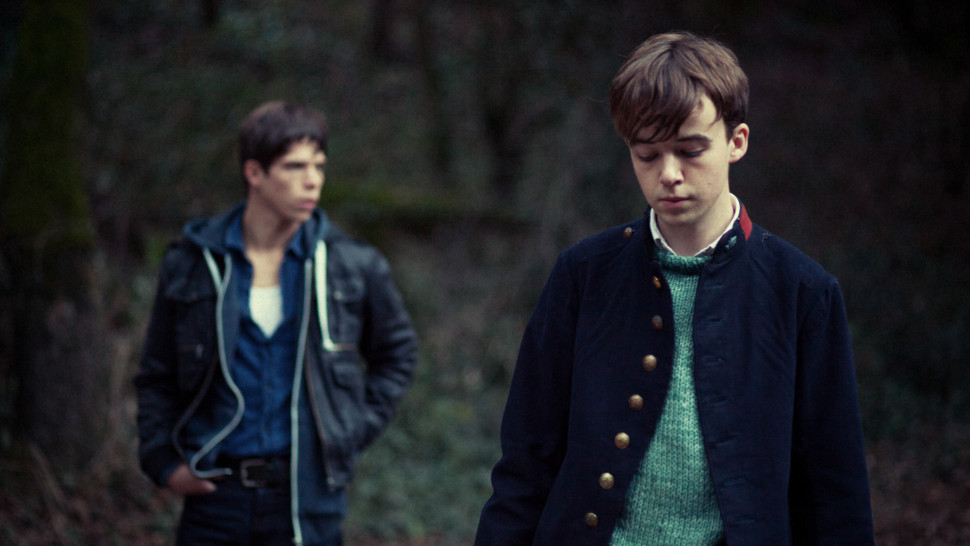
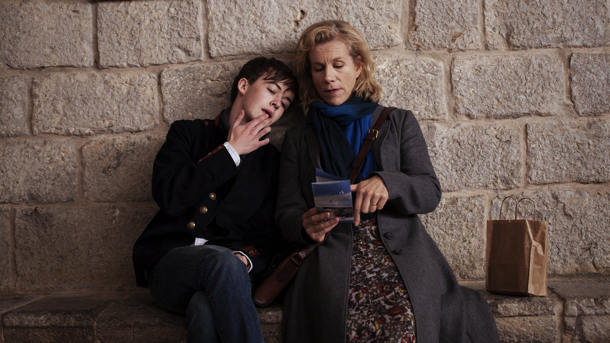

Steggall’s visual storytelling, combined with sparse musical textures, creates an atmosphere of quiet revelation and emotional discovery
A Note from Andrew Steggall
Departure “is a personal film: a mythologised eulogy to love and loss drawing on a variety of sources. The intention is to conjure through narrative, character and image a film that expresses a number of perspectives on growing up. Both Elliot and Beatrice must grow through their fears and longings into individuals more aware of each other and of a common need for love and acceptance. The film looks beyond the everyday and personal to present a cinematic experience touched by imagination and landscape.”
“In making Departure I have sought to find expression for a number of preoccupations that are also expressed in my short films. I am intrigued by the idea of knowing things subconsciously or intuitively before that knowledge has coalesced into a concrete certainty; the idea that within a kind of innocence exists a pre-emptive experience. I found myself expressing this in the screenplay as a kind of ‘thickening of time.'”
“Departure borrows from some of my own recollections and has combined them with aspects of Dvorak’s opera, Rusalka, and Ovid’s Metamorphoses. In its quiet way, Departure sets out to explore what it means to long for love. It is the particular longing of individuals who exist in proximity to each other and yet who find themselves isolated. It is the longing of people who fear the consequence of that longing.”

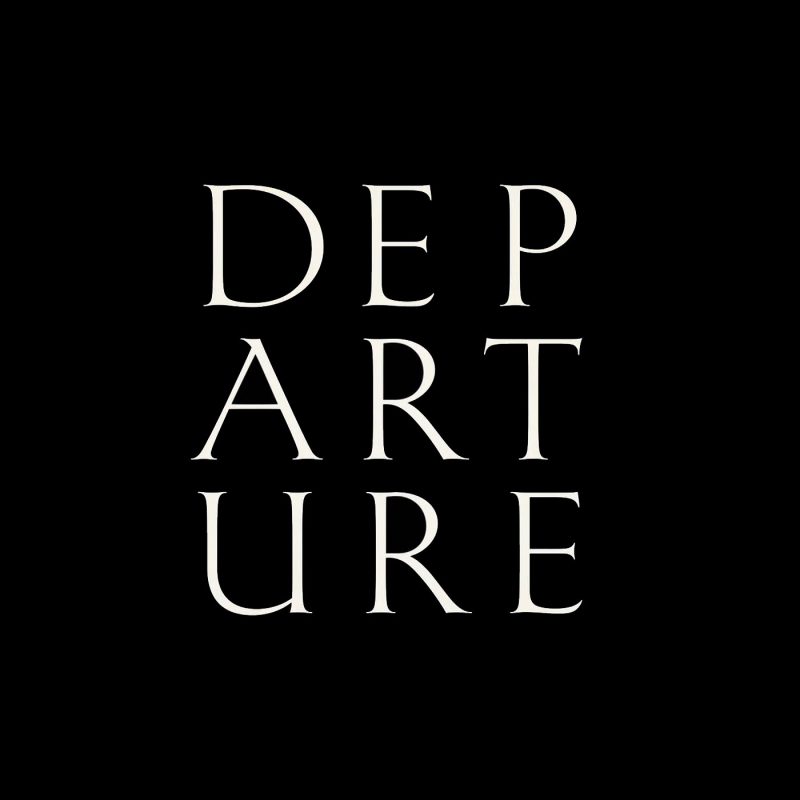
 Listen on Spotify
Listen on Spotify
